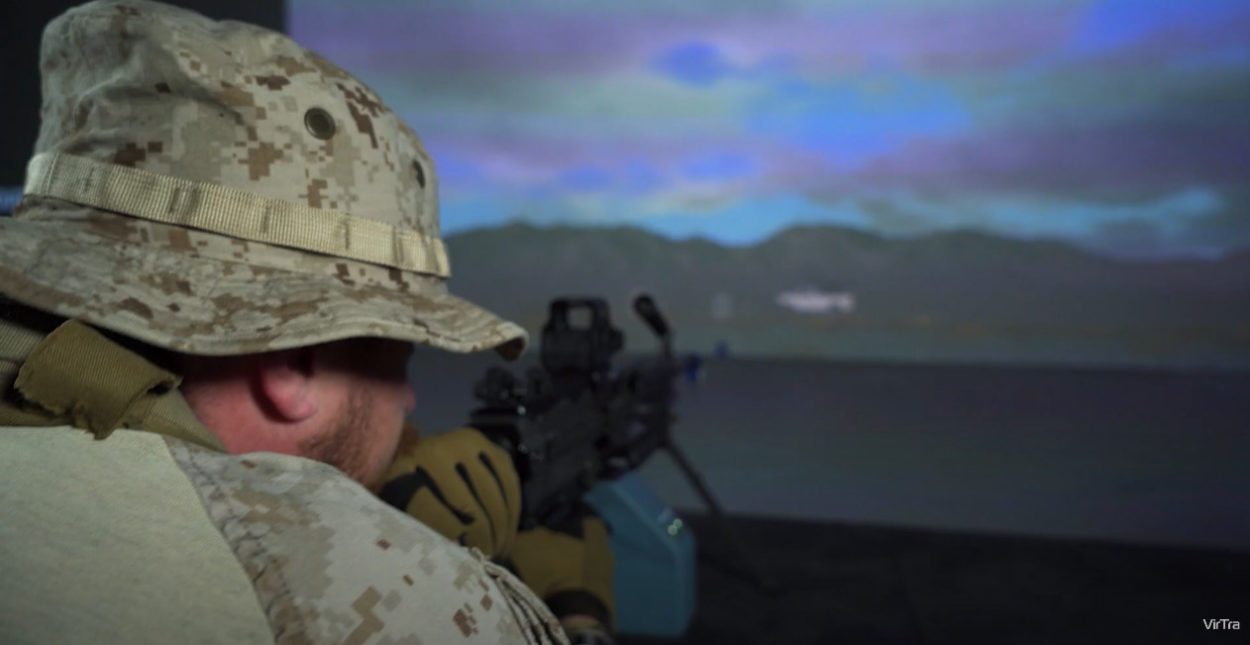
The standard block-and-silo training in police academies, focusing on isolated skill drills, is failing to adequately prepare officers for the complex realities of law enforcement. This method, contrasting with the natural, holistic way we learn from childhood, like picking up sports by watching and emulating before honing individual skills. Then, mimicking what we saw with variation leads to proposing a constraint-led approach in police training.
This innovative approach, informed by motor and developmental learning theories, advocates for a comprehensive understanding of tasks before dissecting them into smaller parts. It’s about seeing the big picture first, then zooming in on the details, which aligns with how we best integrate and apply skills in real-life, unpredictable situations.
A constraint-led approach is rooted in the ecological dynamics theory. It suggests that effective learning happens by navigating through varying constraints, guiding learners to discover practical solutions within real task contexts. This methodology encourages adaptability and a deeper grasp of situational dynamics, proving essential for police training, where officers face unpredictable environments.
Applying the Approach
One practical step in applying this approach is analyzing body camera footage, which allows officers to witness entire use-of-force events. This not only aids in understanding the complexities of real-life encounters but also enhances decision-making skills by contextualizing the theoretical knowledge gained, such as when we learned to play sports by first watching them and then participating without fully grasping the individual abilities.
Additionally, simulation-based training plays a crucial role. It offers a realistic yet controlled setting for officers to practice and refine their tactical and decision-making skills, closely mimicking the pressures and complexities of fieldwork. This blend of theoretical and experiential learning fosters a more adaptable and comprehensive skill set.
Moving towards a constraint-led approach in police training means integrating technical skill development with holistic understanding and adaptive decision-making. This shift promises to equip officers better for the multifaceted nature of their duties, bridging the gap between traditional training methods and the demands of modern law enforcement, ultimately leading to enhanced public safety.
Recently Published
Join Our Newsletter







